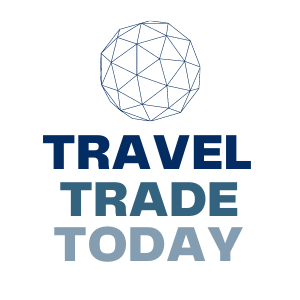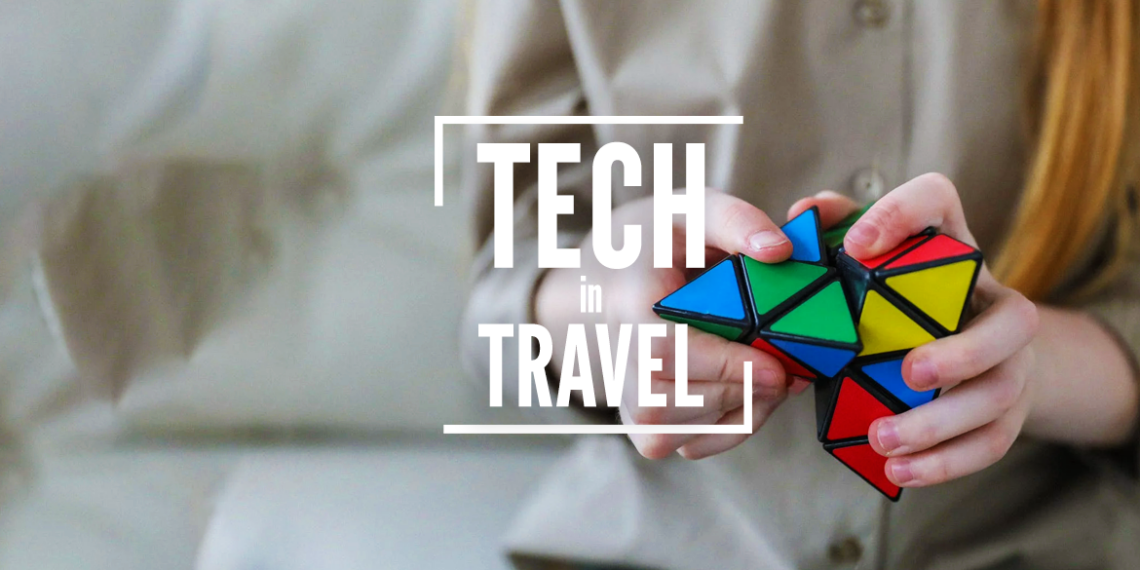Best remote work spots. Successful misfits. Hotelbeds becomes a groupie.
What the most successful start-up founders have in common
Reasons why Sir Richard Branson and other serial entrepreneurs have been so successful has been identified in research led by the University of New South Wales in Sydney.
Researchers found that start-up founders have distinct personality traits, and they’re more important to the success of their companies than previously thought.
The study, published in Scientific Reports, shows founders of successful start-ups have personality traits that differ significantly from the rest of the population – and that these traits are more important for success than many other factors.
“We find that personality traits don’t simply matter for start-ups – they are critical to elevating the chances of success,” says Paul X. McCarthy, lead author of the study and adjunct professor at UNSW Sydney. “A small number of astute venture capitalists have suspected this for some time, but now we have the data to demonstrate this is the case.”
For the study, the team, which also included researchers from Oxford Internet Institute, the University of Oxford, University of Technology Sydney (UTS), and the University of Melbourne, inferred the personality profiles of the founders of more than 21,000 founder-led companies from language and activity in their publicly available Twitter accounts using a machine learning algorithm. The algorithm could distinguish successful start-up founders with 82.5% accuracy.
They then correlated the personality profiles to data from the largest directory on start-ups in the world, Crunchbase, to determine whether certain founder personalities and their combinations in cofounded teams relate to start-up success – if the company had been acquired, if they acquired another company, or listed on a public stock exchange.
The researchers found that successful start-up founders’ core Big Five personality traits – the widely accepted model of human personality measuring openness to experience, conscientiousness, extraversion, agreeableness, and neuroticism – significantly differ from that of the population at large.
The facets distinguishing successful entrepreneurs include a preference for variety, novelty and starting new things (openness to adventure), like being the centre of attention (lower levels of modesty) and being exuberant (high activity levels).
“The greater presence of these and other personality traits in founders are related to higher chances of success,” says Dr Fabian Braesemann, co-author of the study from the Oxford Internet Institute, University of Oxford.
“We can see how this plays out in many notable examples,” Prof. McCarthy says. “The adventurousness and openness to experience of Melanie Perkins, the assertiveness and confidence of Steve Jobs, the exuberance and energy of Richard Branson, the calm under pressure of Jeff Bezos, the discipline and focus of Mark Zuckerberg, and the trustworthiness of Larry Page and Sergey Brin underpin their company’s success.”
“Our findings clearly show there’s not one ideal ‘founder-type’ personality,” says Associate Professor Margaret (Peggy) Kern, senior author of the study from the University of Melbourne. “Instead, the Big Five personality traits of successful start-up founders, which we can break down further across 30 dimensions, reveal six distinct types: fighters, operators, accomplishers, leaders, engineers and developers.”
While personality is crucial, Prof. McCarthy says many other factors still play a role in the ultimate success of founder-led companies, including luck, timing, and connections.
“It’s not part of this study, but we estimate eight per cent of people worldwide may have personality traits that could make them successful founders,” Prof. McCarthy says. “Likely, many are not in the entrepreneurial field right now.
“Identifying these misfits and people in roles unsuited to their personalities will be the focus of some of our follow-up studies.”
Four into one for HBX Group
Hotelbeds has launched its new group brand, HBX Group, to lead the B2B TravelTech company into what it calls “the next phase of its evolution”.
The group will establish itself as a global travel ecosystem player, introducing new product lines and embracing a collection of B2B solutions from four divisions.
The divisions will comprise: Hotelbeds, catering for the specific needs of hoteliers, tour operators, airlines and online travel agents; Bedsonline, serving the retail travel segment; Roiback, the HotelTech partner for independent hotels and chains seeking growth through direct channel solutions, and TravelStack, providing products, services and solutions to businesses looking to enter the travel arena.
Existing product brands, including last minute travel and Carnect will eventually be fully integrated into the HBX Group ecosystem. Hotelbeds’ flagship event, the MarketHub, as well as its innovation hub, the TravelTech Lab, will also be endorsed by HBX Group.
As part of the evolution to HBX Group, the company will introduce fintech products, including travel insurance, payment solutions and multi-currency solutions.
Denmark tops for remote workers, South Korea leads in Asia
Research by cybersecurity company NordLayer last year created the Global Remote Work Index (GRWI), which reveals the best and worst countries to work remotely in terms of four different criteria: cyber safety, economic safety, digital and physical infrastructure and social safety.
This year, NordLayer’s evaluation of 108 countries identified Europe as the hot spot for remote workers, led by Denmark, followed by The Netherlands and Germany.
Making up the top 10 countries for remote work were Spain, Sweden, Portugal, Estonia, Lithuania, Ireland and Slovakia.
The best countries for remote work in Asia, according to NordLayer, are South Korea (17th globally), Japan (22) and Singapore (28).
“Even though some of the big tech companies recently brought their employees back to the office or introduced a hybrid work model, remote work is here to stay. It’s not just a trend — it is a fundamental shift in how we approach productivity and work-life balance,” says Donatas Tamelis, managing director at NordLayer.
“Embracing remote work empowers teams to harness their full potential, regardless of geographical boundaries.”
The index was compiled by assessing and comparing countries using four index dimensions. Under each dimension are various attributes (sub-dimensions) that, combined, help evaluate general remote-work attractiveness:
- Cyber safety — infrastructure, response capacity, and legal measures
- Economic safety — tourism attractiveness, English language proficiency, cost of living, and healthcare
- Digital and physical infrastructure — internet quality and affordability, e-infrastructure, e-government, and physical infrastructure
- Social safety — personal rights, inclusiveness, and safety
“In the age of remote work, cybersecurity is not just an option. It’s a critical necessity to safeguard our data and protect our organisation from evolving cyber threats. Working remotely opens new opportunities, but it also exposes us to potential security risks. Cybersecurity vigilance is our first line of defence,” says Tamelis.




